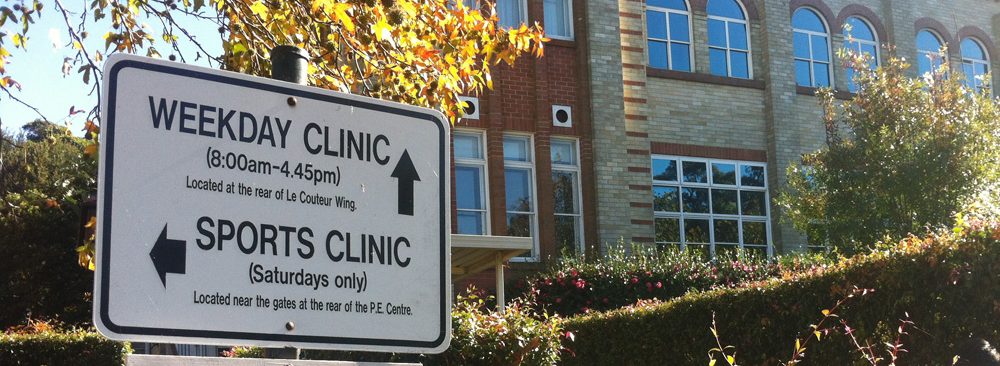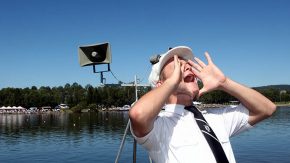How to Avoid Acne
Acne is a common medical skin condition, so common that it is considered a normal part of growing up. Acne can cause severe psychological problems, undermining self-assurance and self-esteem at a vulnerable time in life.
Acne include whiteheads, blackheads, red bumps (pimples), bumps that are filled with pus (pustules) and cysts – painful, pus-filled lumps beneath the surface of the skin. These boil-like infections can cause scars. Acne is due to hormonal changes that come with puberty.
It occurs mainly on the face, neck, back, arms and chest which are the areas with the largest number of oil glands. Acne occurs when tiny pores on the skin that open into a hair follicle and oil gland become clogged with oil, dead skin and sometimes bacteria.
Risk factors include:
- Direct skin contact with greasy or oily substances, or to certain cosmetics applied directly to the skin
- A family history of acne — if your parents had acne you’re likely to develop it too
- Friction or pressure on your skin caused by various items, such as cell phones, helmets, tight collars and backpacks
- Stress doesn’t cause acne, but if you have acne already, stress may make it worse.
- Excessive milk intake, especially skim milk, in teenagers
Simple measures for mild acne
Cleanse your skin gently twice a day using your hands and a gentle cleanse like Neutrogena, Dove or Cetaphil. Scrubbing can irritate the skin so do not overdo it. Keep your hair clean and off your face.
Avoid squeezing, scratching or rubbing at the pimples and try not to keep touching your face with your fingers. Avoid wearing a tight headband or baseball type cap.
Avoid greasy creams and cosmetics. Look for products that are ‘noncomedogenic’ as these do not clog pores.
Greasy foods and chocolate have not been shown to make acne worse although a high sugar diet is best avoided. Low GI foods may help some people with acne,
Over the counter medications with benzoyl peroxide or salicylic acid are usually pretty helpful for treating mild acne. Try a little first to make sure you are not allergic and follow the instructions. These products cause the skin to peel and dry out to get rid of the pimples and the medication can take some weeks to work.
If your pimples are not improving or if you have a more severe form of acne, it’s necessary to see your Doctor. They can prescribe antibiotic creams or tablets such as erythromycin, tetracycline or doxycycline. A combination of a topical cream and an antibiotic is often prescribed as this helps to reduce the risk of antibiotic resistance.
A topical retinoid like Retin A can be used, alone or in combination, for mild-to-moderate inflammatory acne.
For severe cystic acne that has not responded to other treatments Isotretinoin (Roaccutane) is the recommended treatment. It works by reducing the amount of the oily substance made by glands in your skin, reducing bacteria, reducing inflammation and opening clogged pores. A single course induces a long term remission in over 80% of these patients.
Extra care must be taken if the patient has diabetes, high cholesterol or a mood disorder, drinks heavily or has a very physical active lifestyle.
Usually a low dose is prescribed to start with which is gradually increased over a period of approx. 20 weeks to reduce the risk of side effects.
Roaccutane has serious side effects such as causing severe birth defects in the unborn, raising lipid and liver enzyme levels, serious headaches and visual disturbances, stiffness of bones, joints and muscles etc but these risks can be reduced by careful assessment by the treating Dermatologist of the patient before, during and after treatment. While there have been reported links to depression with the use of Roaccutane, recent studies have not shown this to be conclusive.
The overall goals of acne treatment are to lessen the physical discomfort from inflamed lesions, improve the adolescent’s appearance, prevent scarring, and avoid the adverse psychological impact of acne.
Remember this is Organ Donation Week so make sure you have the conversation at home so your family know each other’s wishes. I have!
Sister Margaret Bates
School Nurse






